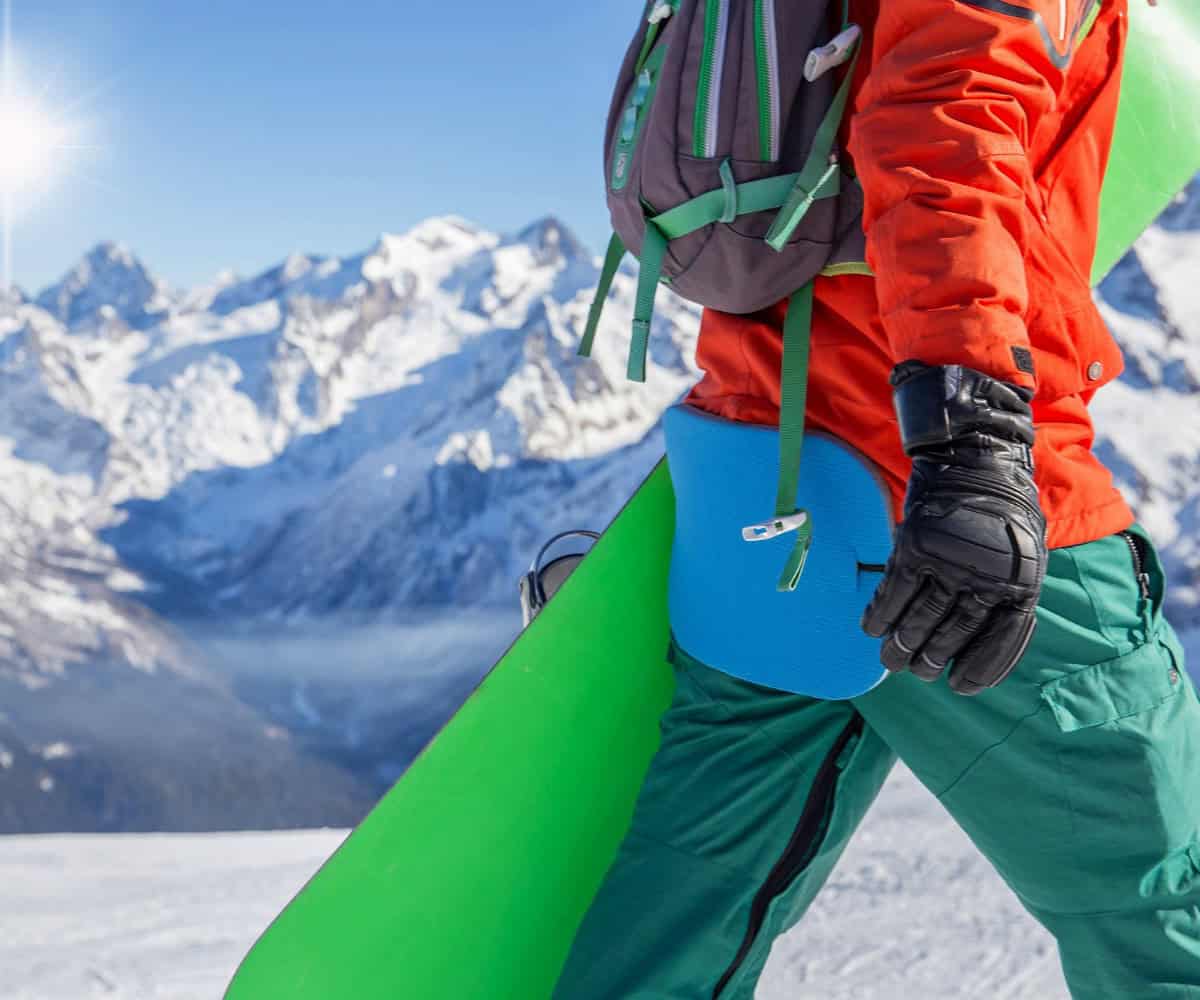-

Summer season 2025: European Hotels See Longer Remains and Early Reservations – Image Credit Unsplash+
The summertime of 2025 marked a substantial period for the European hotel industry, as tourists exhibited brand-new scheduling behaviors and costs patterns. An analysis by RoomRaccoon of over 600,000 bookings from 2,000 independent hotels throughout Europe revealed that visitors were planning their holidays earlier, extending their stays, and spending more on extra services. This shift presents both chances and challenges for hoteliers aiming to enhance their strategies.
Reserving Trends
The average reservation preparation increased to 53 days, up from 42 days in 2024. This modification recommends that travelers are preparing their journeys nearly 2 months ahead of time, offering hoteliers more time to adjust their pricing strategies. Countries such as the UK, the Netherlands, and Spain experienced the most considerable boosts in preparations, with guests reserving 27, 24, and 15 days previously, respectively.
Extended stays also ended up being more common, with the portion of one-night reservations slightly reducing, while longer stays, particularly those of 3 nights or more, became increasingly popular. In Southern Europe, especially in Spain, the pattern towards longer vacations appeared, with 5+ night remains increasing from 9% to 11%.
Hotel Efficiency

Tenancy rates rose by 7 percentage indicate 66%, reflecting strong demand. However, the typical everyday rate (ADR) reduced from a record EUR140 in 2024 to EUR125 in 2025, resulting in a steady earnings per available room (RevPAR) of EUR84. Regardless of the dip in ADR, certain markets, such as Portugal, managed to increase rates tactically during peak periods, accomplishing the greatest RevPAR in Europe at EUR100.
Weekends continued to surpass weekdays, although the gap is narrowing. Hotels accomplished higher ADRs and occupancy rates on weekends, with a noteworthy RevPAR boost compared to midweek stays.
Ancillary Income
Secondary income saw a 5% increase year-on-year, with hotels making approximately EUR35K in upsells during the summertime season. Late check-out emerged as the leading revenue driver, creating over EUR3.4 million throughout markets. Early check-in also contributed considerably, including EUR 800,000.
Food and beverage sales stayed strong, with breakfast leading in the Netherlands, and Prosecco and Champagne sales going beyond EUR3 million in the UK, Germany, and the Netherlands. Family-oriented add-ons, such as child and additional beds, created over EUR3 million, while pet-friendly services showed possible, particularly in Germany.
Romantic and wellness experiences flourished in leisure markets like Portugal and Spain, with couples’ bundles driving substantial profits. Transfers played a substantial role in Southern Europe, although they were less utilized in northern regions.
Secret Takeaways
The summer of 2025 highlighted considerable changes in European tourists’ booking and spending habits. As guests continue to seek worth and special experiences, hoteliers must adapt their strategies to record demand and drive profitability. By concentrating on early reservations, extended stays, and tactical upselling, hotels can capitalize on these patterns.
